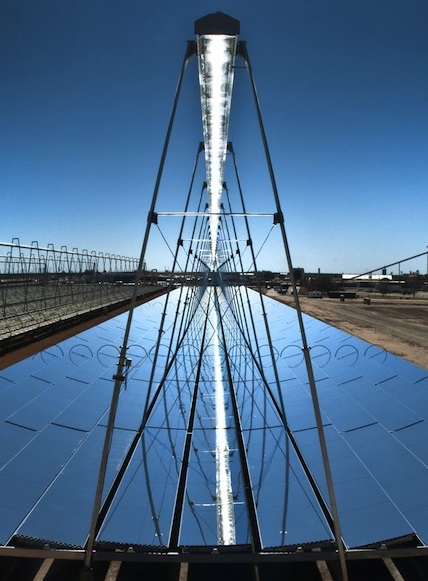Energy bottlenecks outlined
 Experts have identified renewable energy bottlenecks that may put emissions targets at risk.
Experts have identified renewable energy bottlenecks that may put emissions targets at risk.
Electricity transmission, storage and market reform are required now to achieve emissions targets, according to 50 Australian energy experts, who have signed a joint statement following a recent renewable energy symposium.
The letter was drafted at a three-day symposium at the Australian National University last week to discuss the latest research on the role of renewable energy in Australia’s low-carbon transition.
The group found that in recent times the Australian energy sector has deployed solar and wind power at unprecedented rates, but there are emerging bottlenecks, and the present market settings do not deliver for consumers.
While action is also required in other sectors of the economy to achieve deep emissions cuts, a sustained shift from fossil fuels to solar and wind power is “absolutely necessary” for Australia to meet and surpass our 2030 emissions target, the experts say.
To maintain this rapid pace of renewable energy deployment, Australia urgently needs:
- additional electricity transmission
- additional energy storage and demand response mechanisms
- electricity market reform
- a solid electricity infrastructure investment framework
The shift to 100 per cent renewables will have to be accompanied by the phasing out of existing coal power plants, the letter states.
The experts added that in order to meet Australia’s emissions targets it is imperative that federal and state governments address emerging infrastructure bottlenecks, embark on market reform and improve the investment framework.








 Print
Print